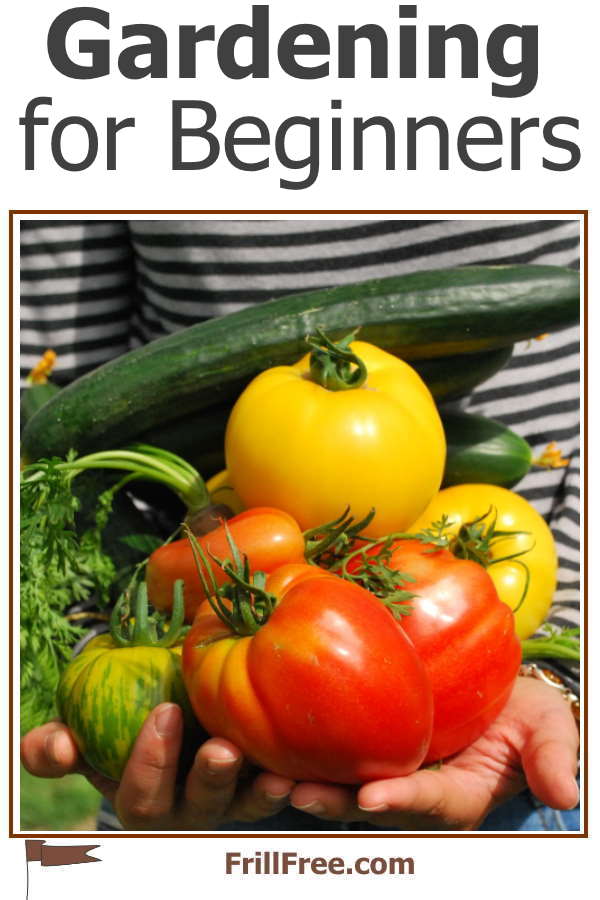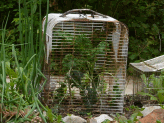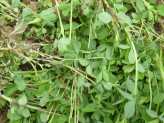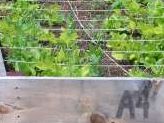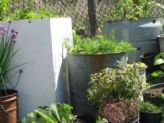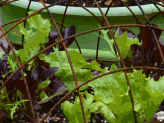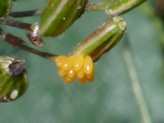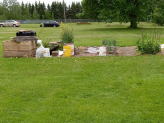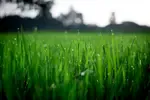- Homesteading
- Gardening for Beginners
Gardening for Beginners
Starting out? Start here...
Gardening seems overwhelming before you know all there is to know. Here are a few ways to get started and eliminate the overwhelm
First; start small. This means that when you open a package of seeds, don't plant them all! Take only a few from each type of seed you have, and plant only those at first.
You can seed a second crop, if it turns out to be successful.
Many types of seeds come in varying amounts, especially if the seeds are small. Plants like lettuce can be seeded several times over the spring, in small numbers - don't forget, each seed will be a whole plant!
Grow only those things you and your family like. No point in wasting precious real estate on eggplant if only one person likes it and everyone else turns up their noses.
Use square foot gardening, where each plant or variety has their own
small plot inside a raised bed. This prevents overseeding, and you only
grow what you need and what you like.
Remember to plant flowers too - pollinators love them, and they make a beautiful addition to a salad. Flowers like Nasturtium and violet are edible. Flowers like Marigold will repel pests from peas, carrots and onions, if those are on your list of must-haves.
Growing vegetables in pots, bags and other recycled containers gives you a way of testing out your methods. The most important thing is the soil, and where you'll place your containers.
Most vegetables need lots of sun - like six hours of it a day. Don't try and grow tomatoes, beans and squash in the shade.
The best soil to use in pots is sterilized or pasteurized, meaning that any pathogens in it have been killed by heat. Don't cheap out by using garden soil in your containers!
Add some compost to purchased soil - you can pasteurize the compost to completely eliminate pests. Put it in a black bag and leave it in a place where it will be in full sun for a week. This kills most weed seeds, and lots of other unwanted critters.
Don't wait for pests to get established - deal with them daily if necessary, and be ruthless.
Use row covers, or bird cages over your plants, if you have visitors to your garden, like cats or squirrels.
Remember to use mulch - most plants like being tucked in with some grass clippings, plus it maintains the moisture level in the soil, and replenishes the nutrients that plants will use.
Keep a record of what you grow, and take lots of pictures. You'll have successes, and probably failures, but don't let the latter prevent you from having fun.
This is meant to be a de-stressing activity, not a stressing one.
Gardening; out in the sunshine and fresh air, being the creator of a beautiful garden - priceless.
